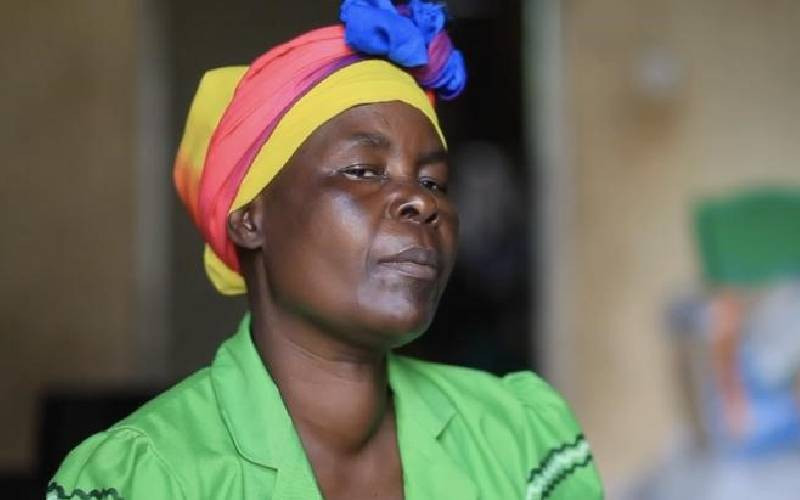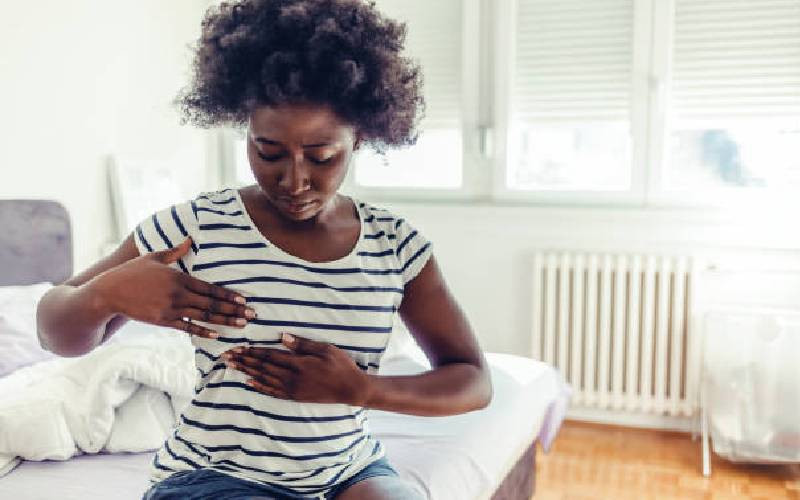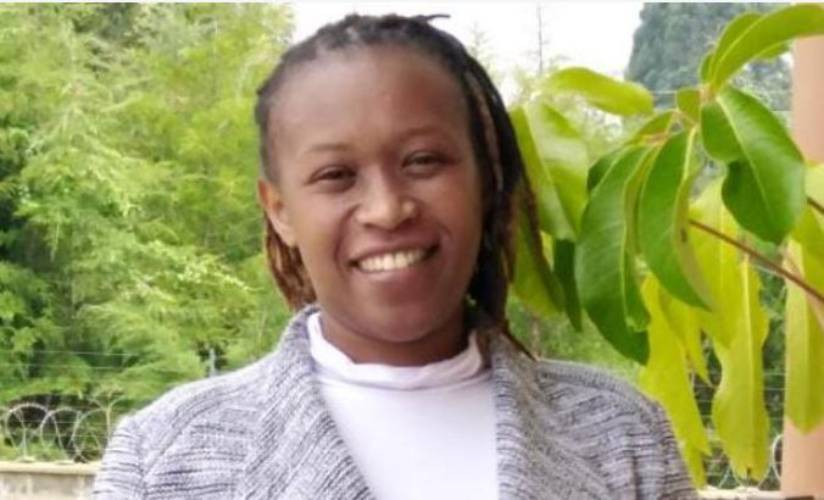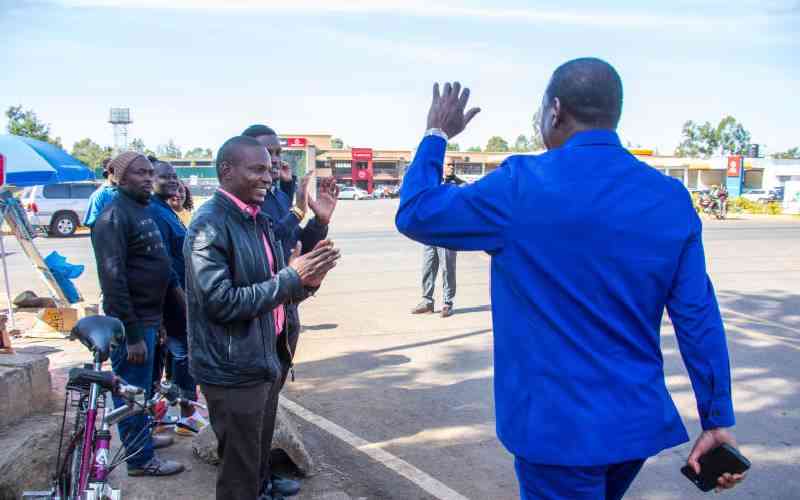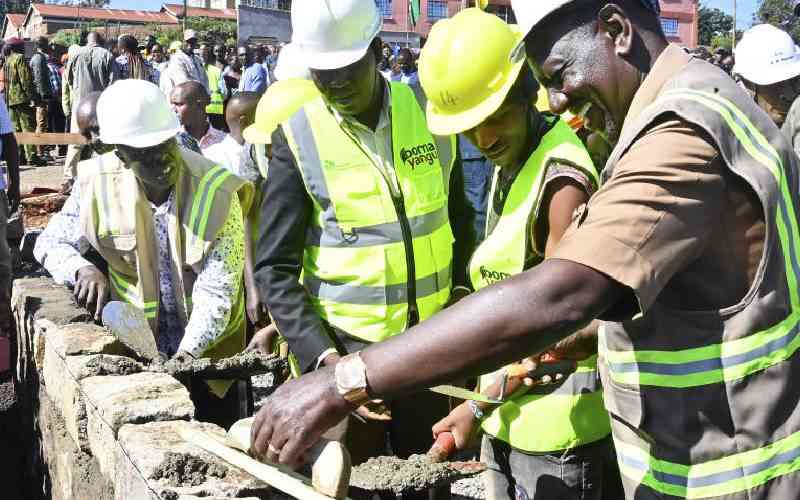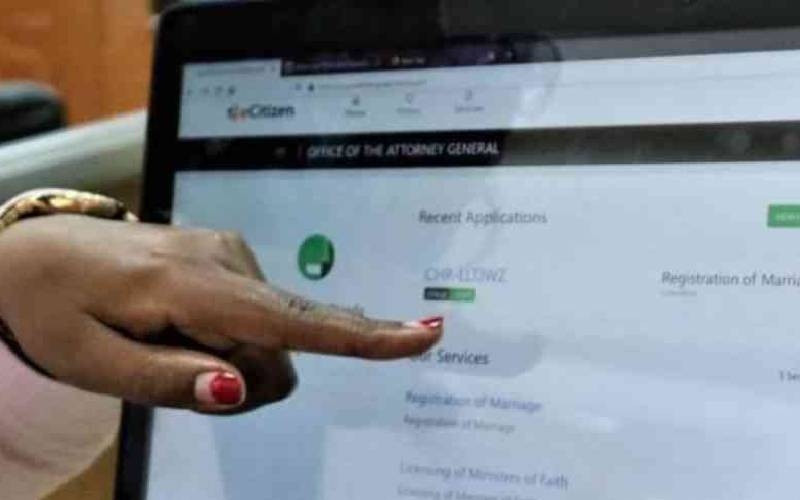UK: A young mum is facing a final heart-breaking Christmas with her two young sons after she discovered she had cancer following her first smear test.
Aimee Willett had her first routine smear test after turning 25 - the age at which NHS screening currently starts.
Doctors gave her the devastating news in June that cancerous cells in her cervix had spread to other parts of her body and that surgeons were unable to operate.
The former waitress, who had to give up work when she fell ill, has been with fiance Michael for six years and he is father of Kaleb and step-dad to Charlie.
Aimee has undergone surgery, chemotherapy and radiotherapy but has been warned she is unlikely to survive until 2016.
The now 26-year-old said her case highlighted the need for a reduction in the national smear test age.
She said: "I am bitter about it and I would like to see the age lowered. I think 25 is too old - especially if a girl has had a child at a young age.
"The biggest thing for me now is for people to be more aware. If you experience anything that's not normal, go to your doctor and get it checked out and when you get a letter asking you to go for a smear test make an appointment straight away and keep it.
"I always thought it would never happen to me because I was young, but cancer doesn't pick an age group."
Earlier this year a petition was launched in memory of 19-year-old Sophie Jones after her death from cervical cancer touched hearts around the country, quickly clocking up more than 300,000 virtual signatures.
Aimee, of Sittingbourne, Kent, has made a bucket list of all the things she wants to do before she dies.
Top is to marry her boyfriend Michael Bond, 26, and next is to give her boys Charlie, eight, and Kaleb, three, the best Christmas ever.
She added: "We're taking the kids to Lapland UK as a surprise and we plan to spend Christmas Day at home, just the four of us, with the kids playing with their toys.
"Getting married might be a bit difficult due to money. Other things on my list include seeing the Eiffel Tower light show and Disneyland Paris with the boys.
"I'd also like to take part in Race for Life so they can see me do it whether it's walking, crawling or being carried across the line."
Stay informed. Subscribe to our newsletter
The Advisory Committee on Cervical Cancer Screening advised the NHS Cervical Screening Programme to raise the starting age for cervical screening from 20 to 25 in 2003.
The Department of Health said: "Evidence we have showed screening women under the age of 25 can do more harm than good which is why lowering the age is not something that's being considered.
"Other more appropriate methods are instead advised, such as getting the HPV vaccine and trying to get better diagnosis from the medical profession when there are certain types of symptoms shown that may be linked to cervical cancer."
Professor Julietta Patnick, director of the NHS Cancer Screening Programmes, managed by Public Health England (PHE), said testing women under the age of 25 "may do more harm than good."
She said: "Cervical cancer in women under the age of 25 is very rare. Younger women often undergo natural and harmless changes in the cervix that screening would identify as cervical abnormalities, and in most cases these abnormalities resolve themselves without any need for treatment.
"Evidence has shown that screening women under the age of 25 may do more harm than good as it can lead to unnecessary and harmful investigations and treatments which could have an adverse effect on their future childbearing.
In women under 25, therefore, this risk outweighs any benefit."
Prof Patnick said the introduction of vaccines for teenagers is reducing the rates of cervical cancer in young women.
She added: "Almost all cervical cancers are caused by the human papillomavirus (HPV) - a very common sexually transmitted infection which is linked to the development of the disease.
"Since 2008, girls aged 12 and 13 have been offered the HPV vaccination, which immunises them against the most high risk strains of HPV.
"To start with, girls up to 18 were also vaccinated so the first girls to be vaccinated will be coming into the cervical screening programme next year (2015) as they are 23 and 24 now.
"This vaccine will reduce the already low rates of cervical cancer in these young women and mean they will be protected for many years."
 The Standard Group Plc is a
multi-media organization with investments in media platforms spanning newspaper
print operations, television, radio broadcasting, digital and online services. The
Standard Group is recognized as a leading multi-media house in Kenya with a key
influence in matters of national and international interest.
The Standard Group Plc is a
multi-media organization with investments in media platforms spanning newspaper
print operations, television, radio broadcasting, digital and online services. The
Standard Group is recognized as a leading multi-media house in Kenya with a key
influence in matters of national and international interest.
 The Standard Group Plc is a
multi-media organization with investments in media platforms spanning newspaper
print operations, television, radio broadcasting, digital and online services. The
Standard Group is recognized as a leading multi-media house in Kenya with a key
influence in matters of national and international interest.
The Standard Group Plc is a
multi-media organization with investments in media platforms spanning newspaper
print operations, television, radio broadcasting, digital and online services. The
Standard Group is recognized as a leading multi-media house in Kenya with a key
influence in matters of national and international interest.


